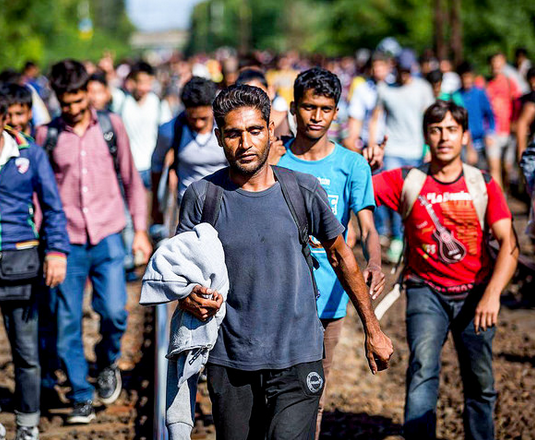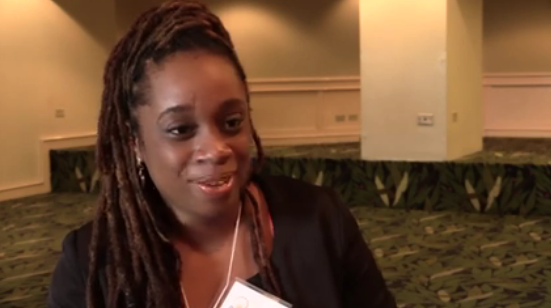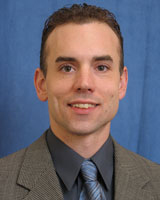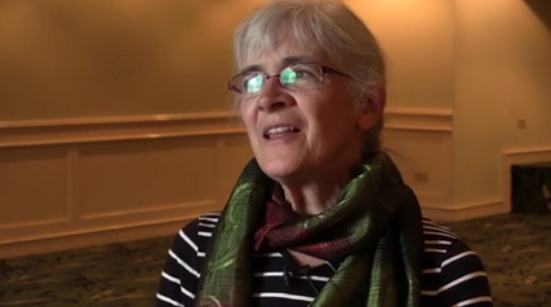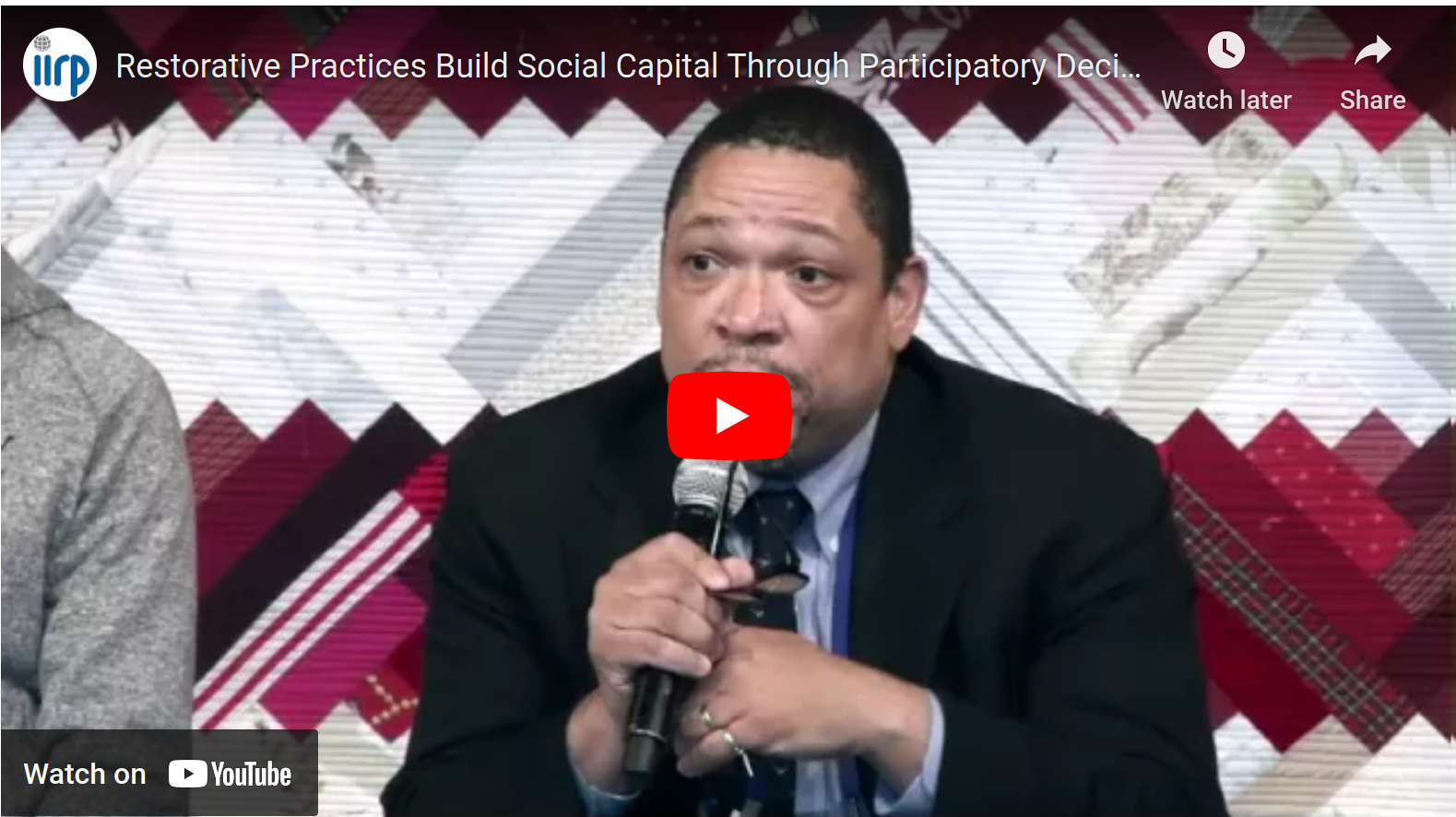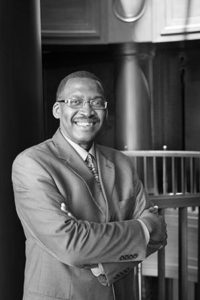News & Announcements
- Details
- Written by Laura Mirsky
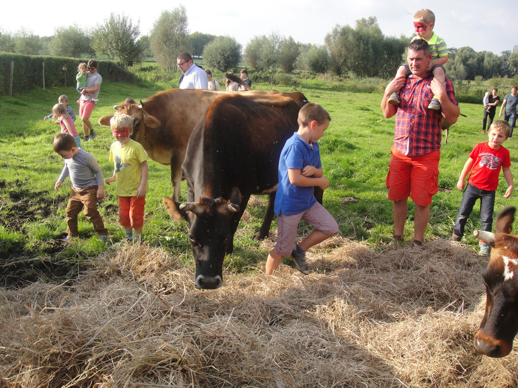 The people at the Belgian nonprofit, Ligand, are enhancing communication and relationships among young people and families, as well as the surrounding community. With innovation as their driving force, Ligand's staff continually reexamine and transform their practices to meet the evolving needs of the people they serve. As Ligand leader Stijn Deprez declares, "Working restoratively asks for innovation every day."
The people at the Belgian nonprofit, Ligand, are enhancing communication and relationships among young people and families, as well as the surrounding community. With innovation as their driving force, Ligand's staff continually reexamine and transform their practices to meet the evolving needs of the people they serve. As Ligand leader Stijn Deprez declares, "Working restoratively asks for innovation every day."
- Details
- Written by Joshua Wachtel
Restorative circles are building relationships and mutual understanding at a refugee camp in Belgium. The camp, like many others across Europe, is crowded with asylum seekers fleeing conflicts in Iraq, Syria and Afghanistan. In this environment of tension, hope and clashing cultures, circles are enabling people to be heard and resolve their conflicts. This work has the potential to improve conditions for refugees everywhere.
- Details
- Written by Steve Grieger
In this video, Keisha Martinez, a music therapist and adjunct lecturer at the University of the West Indies, discusses what she enjoyed most in her classes at the International Institute for Restorative Practices (IIRP) Graduate School.
- Details
- Written by Joshua Wachtel
Michael J. Gilbert, Ph.D., is dedicated to changing society by bringing together professionals in the fields of restorative and community justice who seek to repair harm and relationships and restore the safety of communities.
He has been executive director of the National Association of Community and Restorative Justice (NACRJ) since its founding in 2013 and a professor of criminal justice for nearly 50 years. Now associate professor of criminal justice at the University of Texas at San Antonio, Dr. Gilbert has collaborated for more than 10 years to help build NACRJ, a national nonprofit membership association for those working to cultivate a more humane and effective alternative to the dominant, punitive paradigm in criminal justice and related fields. He will present on the NACRJ’s vision, “Toward a Safe, Just, and Equitable Society,” at the 21st IIRP World Conference in October.
- Details
- Written by Joshua Wachtel
In May and June, the International Institute for Restorative Practices (IIRP) participated in three important national conversations on major issues facing the nation’s communities, colleges and schools.
“Restorative practices is very much becoming accepted as an emerging social science,” comments IIRP President John Bailie, Ph.D. “Some of the best minds around the country accept that our field has some of the most innovative and promising solutions to civil society’s biggest challenges.”
- Details
- Written by Steve Grieger
Kay Pranis discusses a restorative process for how we can heal racial wounds based on an understanding victims' needs. Pranis is a peacemaking circles expert who was a featured presenter at the IIRP Latinoamérica's Conference this June.
- Details
- Written by Joshua Wachtel
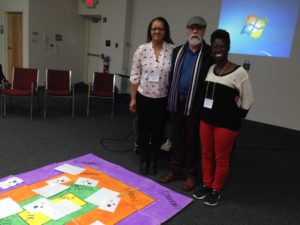 Rick Kelly, a professor in the Child and Youth Care (CYC) program at George Brown College (Toronto) and an IIRP alumnus, with students Sewsen Ikbu (left) and Amy Taylor at the 19th IIRP World Conference.
Rick Kelly, a professor in the Child and Youth Care (CYC) program at George Brown College (Toronto) and an IIRP alumnus, with students Sewsen Ikbu (left) and Amy Taylor at the 19th IIRP World Conference.
Rick Kelly, a professor in the Child and Youth Care (CYC) program at George Brown College (Toronto), has created a hub for restorative practices to support practical learning and social innovation by students at his college. Both students and the local community are benefitting from the hub, which is introducing restorative concepts and solutions to schools and neighborhoods.
- Details
- Written by IIRP Staff
Breakout Sessions
- Restorative Theater Performance — Xochitl Avalos, Martin Porto (powerpoint)
- Should We or Shouldn’t We? Integrating Restorative Practices with Bullying Prevention and Intervention Practices (English) — Lee Rush, M.Ed., Jane Riese, L.S.W. (powerpoint)
- The Best Is Yet to Come: Unlocking Restorative Practices True Potential (English with Spanish interpretation) — Terry O’Connell (powerpoint)
- Asking Great Questions for Circles (Spanish) — Miguel Tello (powerpoint)
- Restorative Practices, Affect Script Psychology and Neurodiversity in Education (English) — Nicola Preston, M.A. (powerpoint)
- The Successes and Barriers in the Building of a Restorative School Community (Spanish) — Ana María Muñoz de Luna, Karla Gómez Aranda (powerpoint)
- A Restorative Journey into Latin America (Spanish) — Jean Schmitz (supplemental information)
- Mediation Counselling: A Method of Conflict Resolution for Restoring Families in Crisis (English) — Ann Diaz M.S.W. Dernielle Diaz (powerpoint)
- Restorative Practices in Community Life and Educational Communities (Spanish) — Maritza Alvarenga Chicas Marroquin (powerpoint, handout)
- Rethinking Story Retelling: What We Are Learning about Trauma Recovery (English) — Pepper Black (handout 1, handout 2, handout 3, handout 4, handout 5)
- Details
- Written by IIRP Staff
IIRP Director of Continuing Education Keith Hickman participated in a panel, Restorative Justice Now, at the Citizen University National Conference: WHO IS US? Race, Citizenship, and America Now, March 18-19, 2016. The discussion revolves around reducing suspensions and discipline disparities for students of color in schools. Hickman widens the context by pointing out how restorative practices build social capital through participatory learning and decision-making for staff and students. These practices hold the potential to transcend school and isolated programs to affect the wider community.
- Details
The International Institute for Restorative Practices (IIRP) is embarking on an unprecedented initiative to improve the lives of children and families in Detroit, Michigan, USA. By mobilizing a “whole-neighborhood” approach, individuals will be active stewards of their community. The goal of the program, “Toward a Restorative City: Focus on Schools and Sustainability for the City of Detroit,” is to embed restorative practices in neighborhoods, schools and systems. The Skillman Foundation is underwriting a multi-year grant in support, beginning with $250,000 for 2016.

Restorative Works Year in Review 2024 (PDF)
All our donors are acknowledged annually in Restorative Works.

